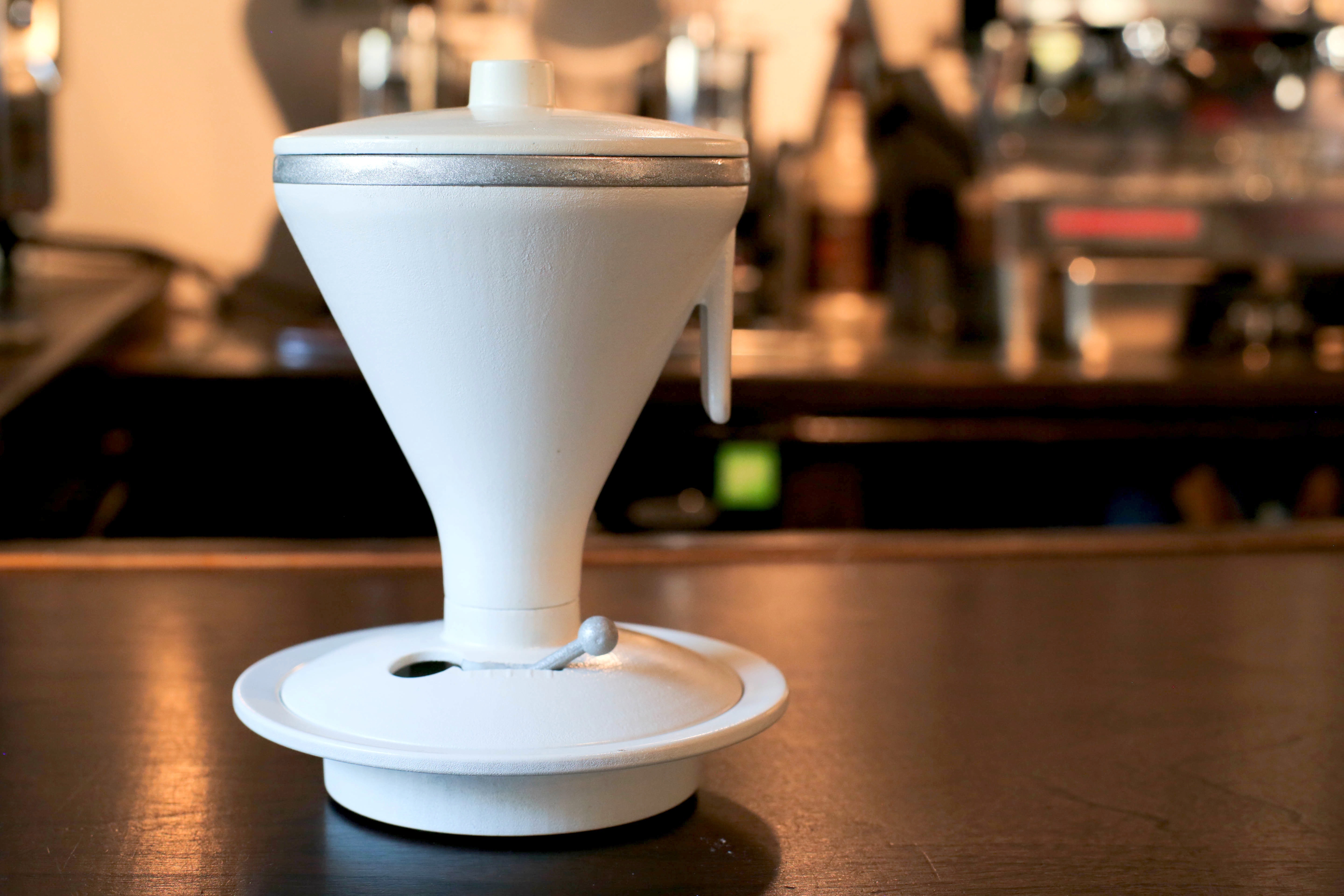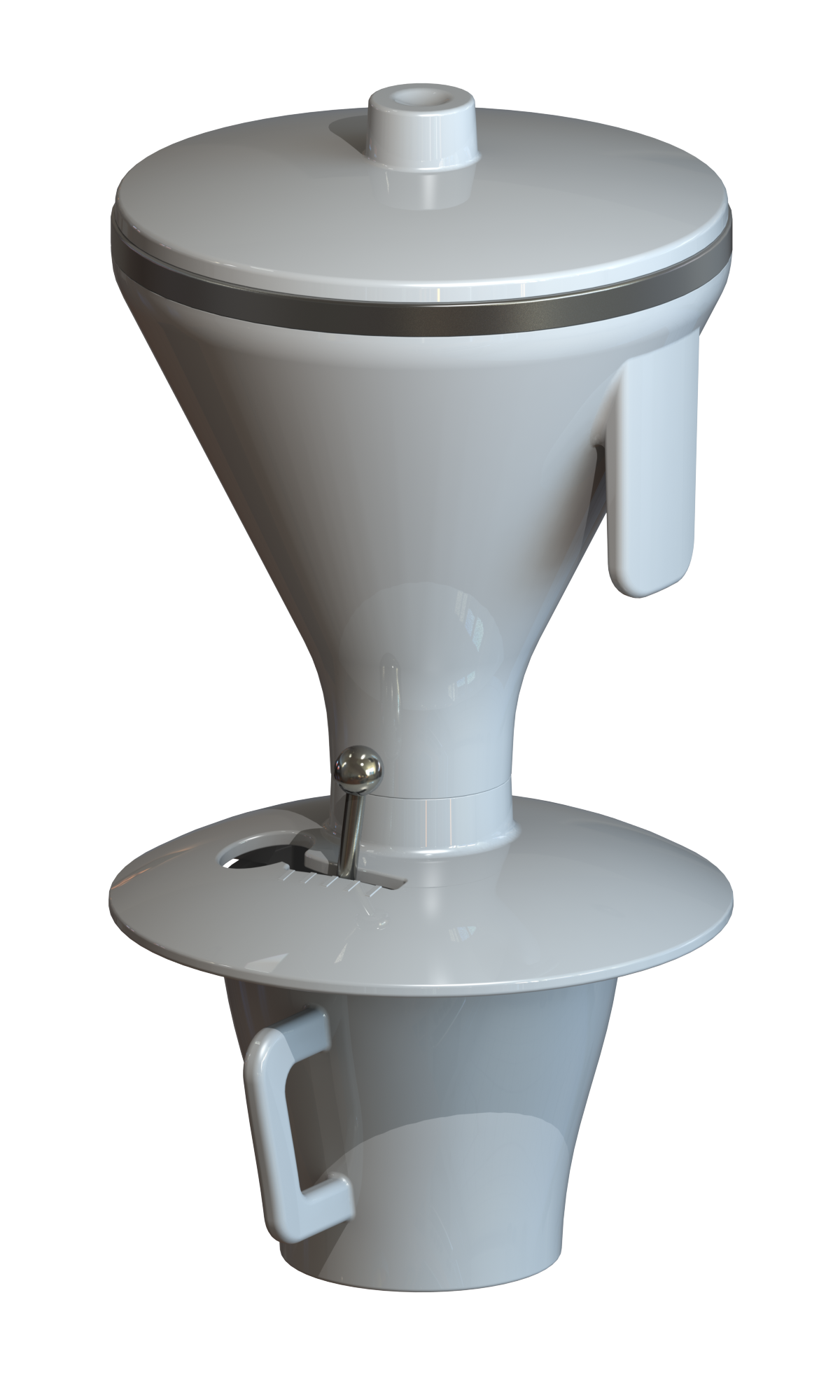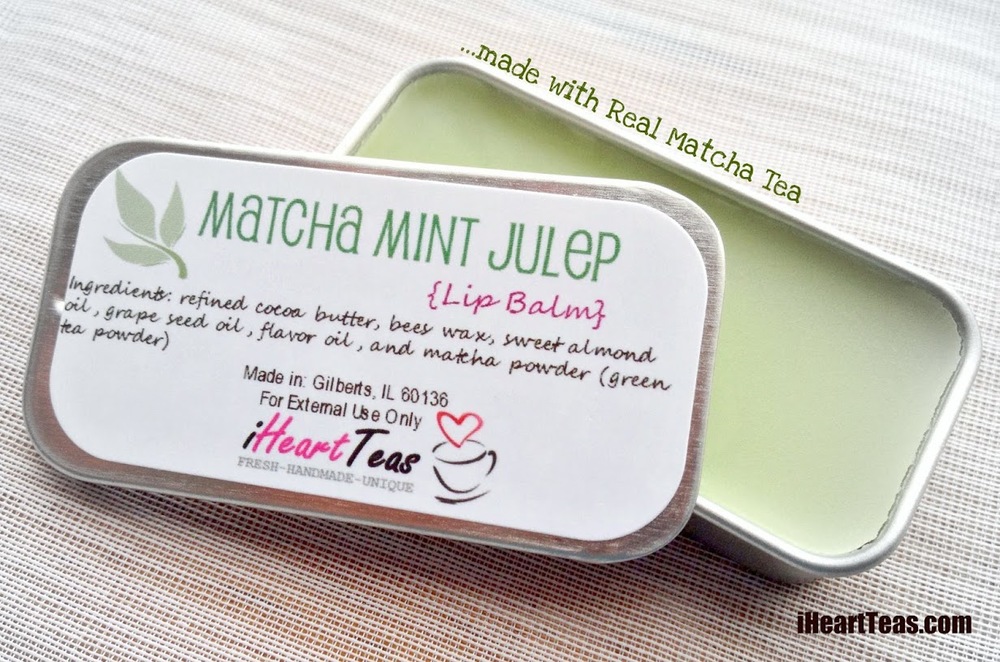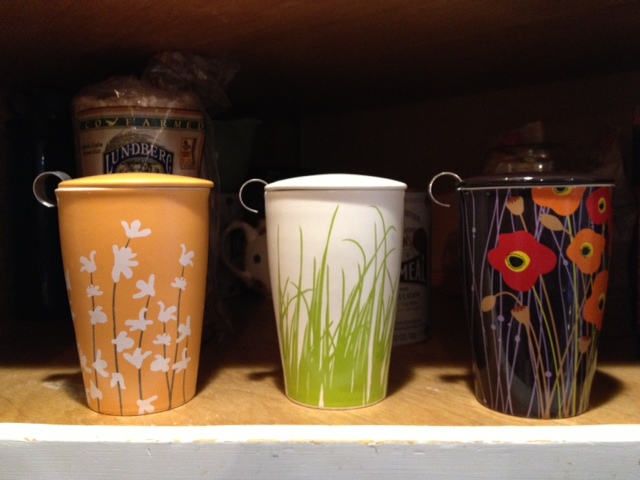Truth or Fiction: Tea is Full of Pesticides
Most days the news is full of stories about the health benefits of tea. As tea sellers and buyers we are in the position of trying to weigh the value of the information. Is there strong science behind the article or are sweeping assumptions being promoted in the name of making sales? But what happens when the news instead puts tea in a negative light? How do we respond to customers who are now fearful of consuming your tea?
Earlier this month, the Care2 blog resurrected a Food Babe blog article from last summer claiming that tea was laden with toxic pesticides and that product from several major companies contained banned substances. (The article also made questionable claims about genetically modified organisms (GMO), artificial flavorings, BPA, and other topics we’ll examine in the future.) The tea community reacted strongly, either voicing outrage about the lack of substance behind the claims or panicking over potential consumer reactions. The Tea Biz team wanted to look behind these blog posts, to consider the claims, and provide the tea community with a fuller picture of the concerns.
Claim 1: Tea is not washed when it is processed and packaged. Therefore, any pesticides on the leaves will be transferred into your cup when steeped.
Our take: The argument makes sense on its surface. A paper published in the journal Food Additives & Contaminants in 1991 examined the solubility of pesticides in tea and found that depending on the solubility of the chemical, significant transfer is possible. Given that tea is grown in a monoculture and often subject to attack by insects and other pests, pesticide use is not uncommon.
But is this cause for panic? A study in the Journal of Agricultural and Food Chemistry in 2001 looked at thirteen pesticides that are frequently used in growing tea. They found that the chemical transfer was actually very small because the most commonly used chemicals are not highly soluble. Highly water soluble pesticides are not ideal because they would be quickly removed with every rainfall. It has also been shown that certain tea types transfer lower chemical levels possibly because of the leaf’s lipid content, although further study is needed.
It is also noteworthy that in many of the pesticide studies, powdered tea is used that has been “fortified” with the pest-fighting chemicals. It is important that further studies examine the transfer from tea that has been processed in the traditional way. For example, an article in the Journal of Environmental Science and Health in 2009 demonstrates that roasting of teas during manufacturing causes dissipation of some chemicals. Roasting at high temperature for a long period actually caused complete dissipation of two chemicals. Solar withering reduced pesticide residues by 25-40% for two common pesticides. This study was done with oolong tea but others have shown similar results for green tea and black tea. Additional studies published in Food Additives & Contaminants in 2013 also confirmed that some of the applied pesticides were removed by the withering and drying process.
Claim 2: “A recent third-party analysis by Glaucus Research found that 91 percent of Celestial Seasonings tea tested had pesticide residues exceeding the U.S. limits.” “Teavana tea was tested by an independent lab and 100 percent of it was found to contain pesticides.”
Our take: The source of this information was “third-party analysis by Glaucus Research.” Glaucus Research is what is known as a short seller. This means that Glaucus makes money if stocks fall. At the time Teavana was the most shorted stock on the New York Stock Exchange. In this case, they stood to reap significant financial reward if Celestial Seasonings and Teavana took a hit. This note was printed at the beginning of the Teavana report: “We are short Teavana and therefore stand to realize significant gains in the event that the price of stock declines.” Does this make the information false on its face? Not necessarily, but it is critical to note the conflict of this organization being presented as an independent, unbiased source.
Celestial Seasonings responded strongly to the allegations, posting a statement of Product Safety Assurance on their website. Following the Glaucus report and subsequent re-posting of the information they submitted their products for testing at the National Food Lab (NFL). NFL did not detect any pesticides and gave assurances that the products meet industry standards and are safe. Celestial Seasonings also cited their protocols for testing all of their product ingredients for pesticides, herbicides and insecticides and its industry audits for Safe Quality Foods (SQF) certifications.
Teavana also noted its ongoing program of third-party testing and its adherence to standards set by organizations including the European Union which is known to be particularly stringent. They were quick to note Glaucus’s conflict of interest and it was notable that the report was released as Teavana was preparing to be sold to Starbucks.
Claim 3: Buying organic is the only safe way to purchase tea.
Our take: Choosing organic seems a reasonable strategy, but it is important to acknowledge what organic actually means. Organic does not signify that chemicals are not used. Pesticide use is still permitted in organic growing strategies, but the pesticides must come from natural sources, not synthetic. While studies have shown that half of synthetic pesticides are potentially carcinogenic, research shows that many of the “natural” chemicals are also potentially carcinogenic or otherwise damaging to health. In addition, because many of the natural pesticides are less effective, application rates and frequency may actually be higher than with conventional chemicals.
Does this mean we are arguing against the value of organic farming? Absolutely not. Organic farming strategies make use of a number of approaches that are healthier for plants and for the environment in terms of crop rotations, green fertilizers, and more. What we would suggest instead is that knowing your growers and the strategies employed can help you best assess the safety of any food you consume.
What does this mean for tea? This means that as a retailer you should know your farmers and tea sources. If you are a customer, ask questions of your retailers about sourcing. If you are a wholesaler and importer, visiting the farms and meeting the farmers is always valuable. The European Union, Japan, and others have been active in establishing maximum residues levels (MRLs) for many pesticides which also will help guide purchasing decisions.
The pesticide problem cuts across our entire food supply. Tea is neither more at risk nor more protected from it.
— Katrina Ávila Munichiello, Tea Biz






